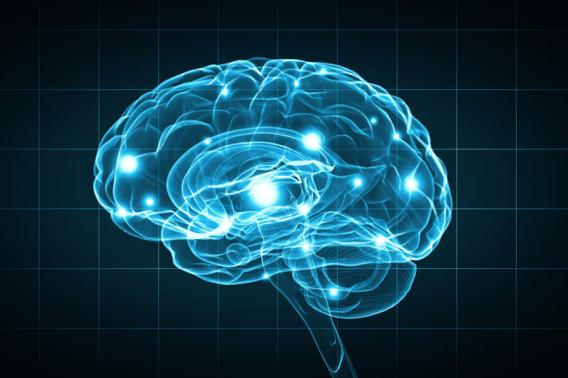Project Summary
To understand how sensory information and physiological state integrate to drive decisions and behaviors. Dr. Xiaoke Chen's lab is focusing now on interoception, which is the sense of the physiological condition of the body. This include our abilities to feel hungry or satiated, to sense heightened blood pressure and heart rate during stress, and to discriminate different types of pain. Maladaptive change of the interoceptive senses also play important role in drug addiction. The Chen lab combines genetics-based brain circuit manipulation with in vivo electrophysiological and optical recording of neuronal ensembles to dissect the coding logic underlying interoception and their roles in drug addiction.
Chen and his team identified a brain region that was unusually active in opiate-addicted mice. When the team dialed down the activity of this region to more normal levels, they found the physical symptoms and the memory of opiate withdrawal were suppressed. Chen and his team also found that the same brain region mediated the mouse’s perception of other negative stimuli including pain.
This research was funded by the Firmenich Next Generation Fund.
Project Details
Award Year:
2016
Lead Researcher(s):
Donor:
